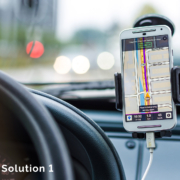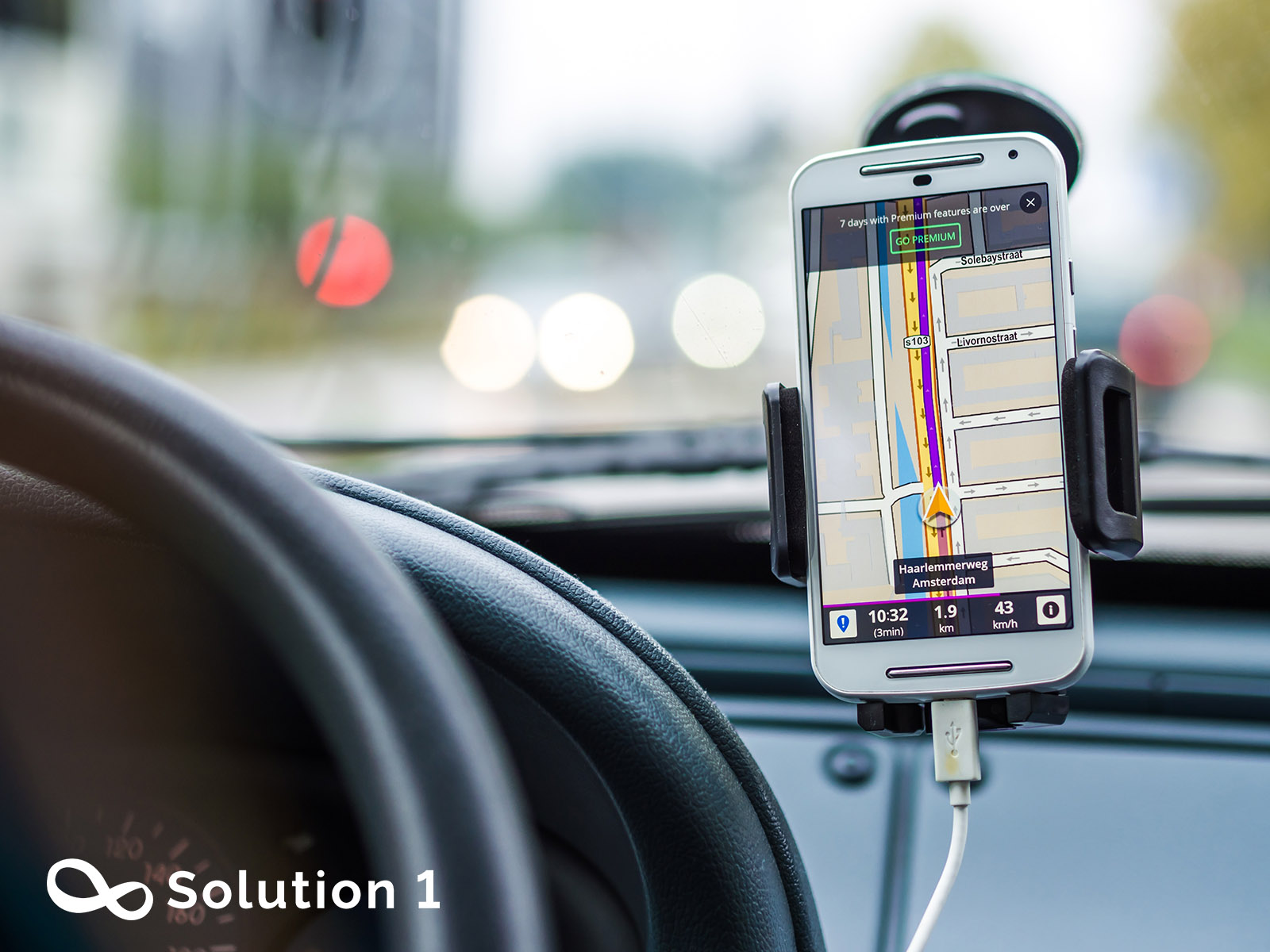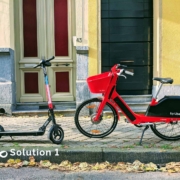The car-sharing model changes the social aspect of using a car, the car is no longer seen as a luxury.
- Digital communication technology is leading to the emergence of new types of vehicles and mobility services.
Sharing economy is a scalable socio-economic system that employs technology-enabled platforms to provide users. In recent years, attitudes towards consumption have changed and brought concerns about ecological, social, and developmental impact. The growing concern about climate change and the longing for social interaction by people have made the sharing economy an attractive alternative for consumers.
Car-sharing is an important segment of the sharing economy. The sharing economy strives for more efficient use of resources with positive economic, social, and environmental impacts. In urban passenger transportation, car-sharing is already widely used and convinces more and more customers in terms of car flexibility, lower costs, and less maintenance effort.
Shared mobility services, such as short-term bicycles, cars, and scooter rentals have become widely available in modern cities on six continents of the world. In recent years, the service has gained great popularity around the world. Statistics show that the value of the shared mobility market is USD 104.95 billion.
As of 2019, there were 236 carshare operators in 59 countries and 3,128 cities worldwide. The number of cities offering carsharing increased to more than 4,100 as of the beginning of 2021.
“A recent survey conducted among European carsharing operators and experts found that the most positive driving forces of car-sharing are further diffusion of smartphones and better integration with public transport services.”
Sharing platforms for car use are new forms of the sharing economy, an effective application is critical for the successful implementation of car-sharing services. With the help of a smartphone application, it is easy to determine the location of the car, communicate with the car owner or technical support, and offer other services that could make car-sharing more attractive than traditional car rental.
- A couple of changes and trends in car-sharing.
Car-sharing is part of a wider trend of shared mobility, which in the future could lead to a decrease in private car ownership. In addition to car sharing, the transport sector of the sharing economy includes the so-called transportation network services, in which passengers can share a multimodal mobility transport network using modern technologies, examples of such transport services are modern decentralized taxi services.
“According to some studies, one car-sharing vehicle replaces up to 15 personal vehicles in terms of overall efficiency and carrying capacity and found a decrease in GHG emissions as a result of carsharing.”
Car-sharing has existed as a market alternative to private vehicles for over three decades. Car-sharing could allow individuals to either abandon vehicles they own or decide not to purchase a vehicle when they might have otherwise. On the other hand, it also could motivate users to switch from low-emission travel modes to using a car.
“In 2019, a survey showed that 66% of all carsharing fleets were either all-electric or offered some electric vehicles, and 25% of countries with carsharing had cities where carsharing fleets consisted exclusively of electric vehicles. The five countries ranked the highest in terms of carsharing companies offering electric vehicles were Italy, the United States, the United Kingdom, Japan, and France.”
The reasons for the increase in electric car-sharing are twofold. Electric vehicles are becoming more attractive as they become less expensive, have increased electric range, and involve lower operating costs. Regulations are driving fleets to electrify. Greenhouse gas regulations in Europe are spurring car manufacturers to put electric cars on the road at a rapid pace.
“In the United States, 16 of 24 cities in a 2018 survey had clear electrification policies for public and private cars in their city plan.”
Electric car-sharing programs have been experimented with for more than 20 years with the first large-scale demonstrations beginning in the 1990s in France. Yélomobile began in 1993 as a station-based roundtrip service in La Rochelle and is still operating today with government support as a station-based one-way carsharing service.










